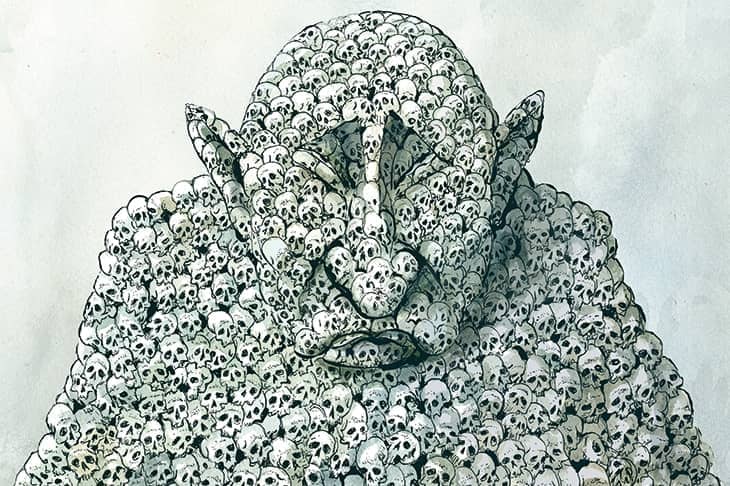In early February, when Vladimir Putin’s troops were on the Ukrainian border and much of the world thought he was bluffing, the Russian military’s guidance on mass graves was changed. Bodies should be covered with chemicals, diagrams showed, and then rolled over by a bulldozer to flatten the ground. The advice seemed so grotesque as to be a decoy: surely a brutal invasion would not be so clearly signalled?
The story of the mass grave found in Bucha shocked the world because it represents how fast things have deteriorated and that we are now seeing the kind of barbarism Europe thought it had left behind. The pictures of dead children and the corpses with their hands and feet bound were proof that nothing has changed, and a reminder of our impotence: all of Ukraine’s allies have ruled out direct conflict with Russia.
Right from the start of the conflict, Volodymyr Zelensky tried to persuade his allies that Putin should be recognised not just as an aggressor but as a war criminal.

Get Britain's best politics newsletters
Register to get The Spectator's insight and opinion straight to your inbox. You can then read two free articles each week.
Already a subscriber? Log in







Comments
Join the debate for just £1 a month
Be part of the conversation with other Spectator readers by getting your first three months for £3.
UNLOCK ACCESS Just £1 a monthAlready a subscriber? Log in